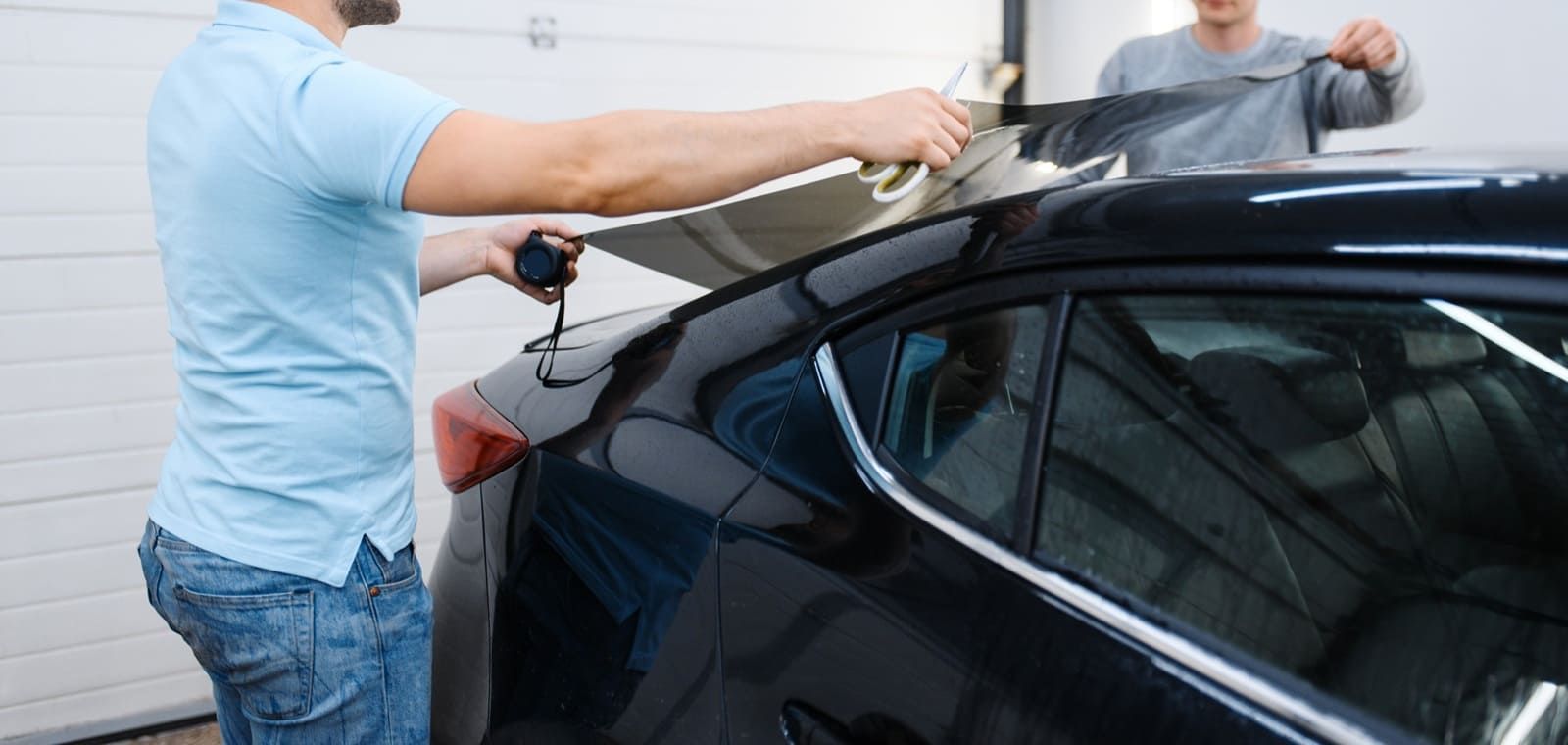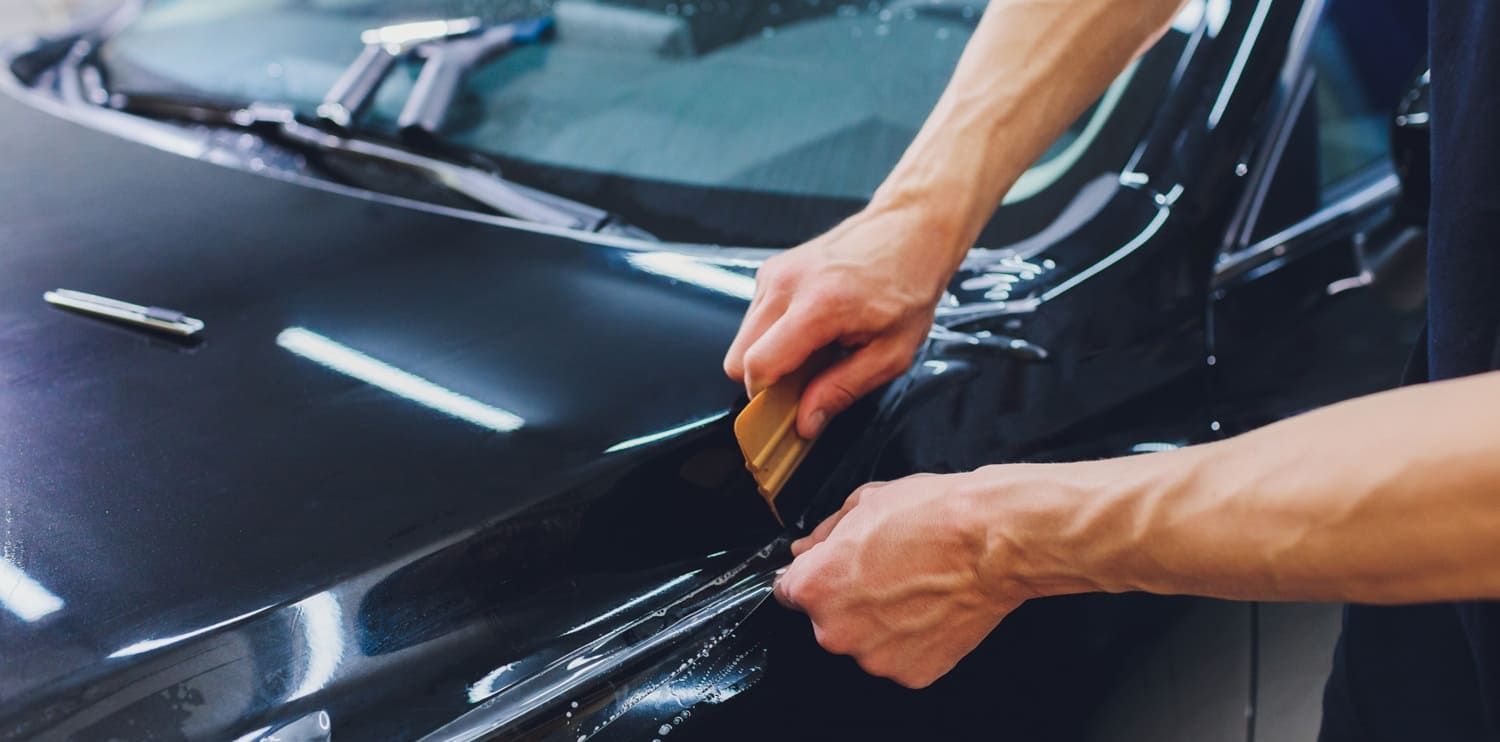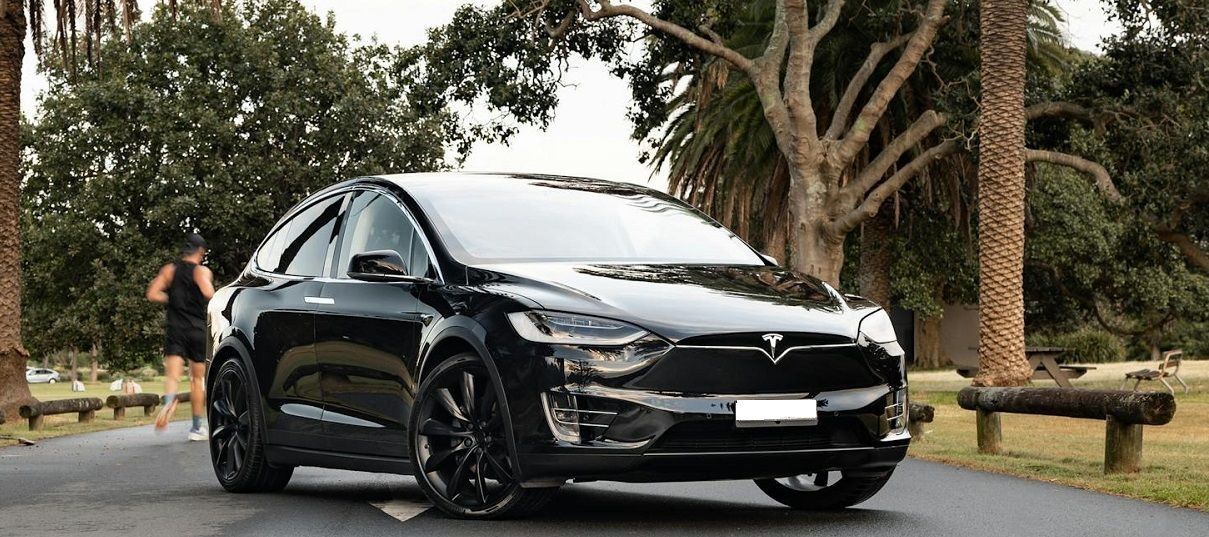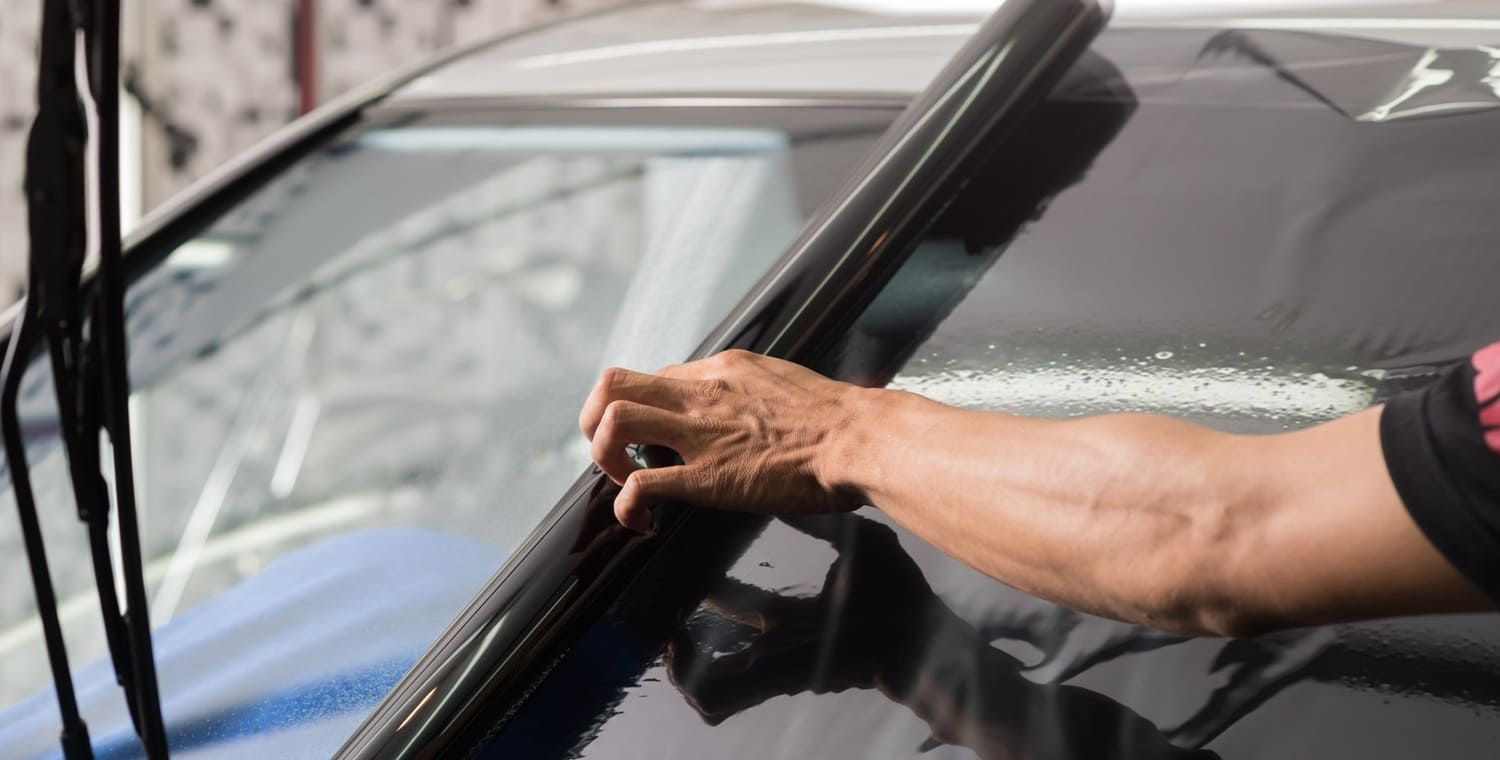What’s the Darkest Legal Tint in Tennessee?
If you're considering tinting your car windows in Tennessee, understanding the legal requirements is crucial. Window tinting can enhance your vehicle's appearance, provide privacy, and reduce glare and heat. However, there are regulations you must comply with to avoid fines and ensure safety. This article will guide you through the darkest legal tint allowed in Tennessee, the benefits of window tinting, and the regulations you need to know.
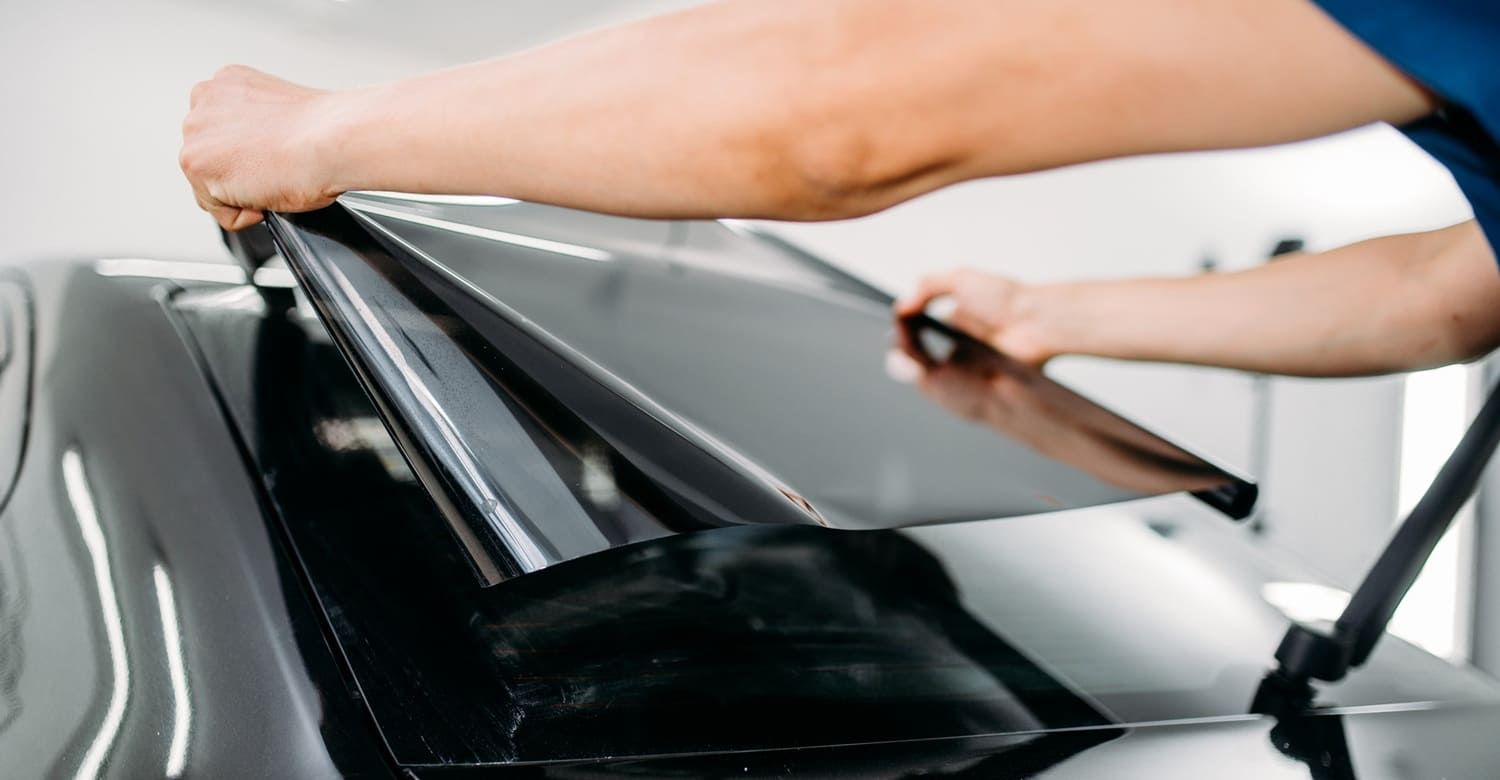
Understanding Window Tinting
Window tinting involves applying a thin film to the interior surface of car windows. This film can vary in shade and thickness, affecting how much light it allows to pass through. The primary purpose of window tinting is to reduce the amount of visible light, infrared light, and ultraviolet (UV) radiation entering your vehicle. By understanding the basics of window tinting, you can make informed decisions about the type and level of tint that suits your needs and complies with legal standards.
There are different types of window tints available, including dyed, metalized, carbon, and ceramic films, each offering distinct benefits. Dyed tints are often the most economical option, providing a darker appearance without reflecting light. Metalized tints are known for their durability and ability to block heat, although they can interfere with electronic signals. Carbon tints provide a matte finish and excellent UV protection, while ceramic tints are highly effective at blocking UV rays and heat without interfering with electronic devices.
Benefits of Window Tinting
Window tinting offers numerous benefits beyond enhancing the aesthetic appeal of your vehicle. Here are some key advantages:
- UV Protection: Tinted windows block a significant amount of UV radiation, protecting your skin and the car's interior from harmful rays. This can prevent skin damage and reduce the risk of skin cancer over time, as well as preserve the interior materials of your car, prolonging their lifespan.
- Heat Reduction: Tinting can reduce heat inside your car, improving comfort during hot Tennessee summers. By keeping your car cooler, window tinting can also help reduce the reliance on air conditioning, which can improve fuel efficiency and reduce wear on your vehicle's AC system.
- Glare Reduction: Tinted windows minimize glare from the sun and headlights, enhancing visibility and reducing eye strain. This can lead to a safer driving experience, particularly during dawn, dusk, or when driving at night, as it helps in maintaining better focus and concentration.
- Privacy: Tinting increases privacy by making it harder for outsiders to see inside your vehicle. This added privacy can provide peace of mind, whether you're parked in a public area or driving, as it protects your personal belongings from prying eyes.
- Preservation: It helps protect the car's interior, such as the dashboard and upholstery, from fading and cracking. By blocking harmful rays, window tinting can help maintain the resale value of your vehicle by keeping the interior in better condition over the years.
Tennessee Window Tinting Regulations
Tennessee has specific laws regulating how dark or reflective your window tint can be. These laws are designed to ensure safety for drivers and law enforcement officers. Here's what you need to know:
Legal Tint Darkness
The darkness of window tint is measured by Visible Light Transmission (VLT) percentage. In Tennessee, the legal limits are as follows:
- Windshield: Non-reflective tint is allowed above the manufacturer's AS-1 line. This is the line extending from the bottom of the windshield to the top, marked by the manufacturer. This regulation ensures that drivers maintain a clear and unobstructed view of the road, which is crucial for safety.
- Front Side Windows: Must allow more than 35% of light in. This balance helps maintain driver visibility while still providing some level of privacy and heat reduction.
- Back Side Windows: Must allow more than 35% of light in. The uniformity in VLT percentage between front and back side windows ensures consistent visibility throughout the vehicle.
- Rear Window: Must allow more than 35% of light in. This regulation is particularly important for rearward visibility and safety, ensuring that drivers can see vehicles approaching from behind.
These regulations ensure that enough light passes through the windows, maintaining visibility for the driver and ensuring safety on the roads. It is important for vehicle owners to adhere to these laws to avoid penalties and ensure the safety of all road users.
Reflective Tint Regulations
Reflective tints help reduce heat by reflecting incoming light. However, Tennessee law restricts how reflective your window tint can be. The rules are:
- Front Side Windows: Must not be more than 35% reflective. This limit is set to prevent excessive glare for other drivers and to ensure visibility is not compromised from outside the vehicle.
- Back Side Windows: Must not be more than 35% reflective. Similar to the front side windows, this regulation ensures that the overall reflectivity does not create hazards for other road users by causing reflective glare.
Additional Tinting Rules
- Side Mirrors: If the rear window is tinted, dual side mirrors are required. This rule ensures that drivers can still have a clear view of the road behind them, even if the rear window's tint limits visibility.
- Tint Variance: Tennessee allows a 3% variance in VLT to account for measurement discrepancies. This provides a margin of error for both installers and law enforcement, recognizing that slight deviations can occur in manufacturing and measurement.
- Color Restrictions: Some tint colors, such as red, amber, and yellow, are prohibited. These colors can be distracting and may impair visibility, which is why their use is restricted.
It's essential to comply with these regulations to avoid fines and ensure your vehicle is roadworthy. Non-compliance can result in penalties and could potentially lead to more severe consequences if it affects road safety.
Choosing the Right Tint for Your Vehicle
When selecting window tint, consider not only the legal requirements but also your personal needs and preferences. Here are some factors to consider:
- Purpose: Determine why you're tinting your windows. Is it for privacy, UV protection, or heat reduction? Clarifying your primary goal will help you choose the right type of tint that meets your specific needs without overstepping legal limits.
- Quality: Invest in high-quality tinting films that offer durability and superior performance. High-quality tints tend to last longer, resist fading, and provide better overall protection, making them a more cost-effective choice in the long run.
- Professional Installation: Ensure your tint is installed by a professional to avoid issues like bubbling, peeling, or improper application. A professional installation guarantees that your tint complies with legal standards and provides optimal performance.
- Warranty: Check if the tint comes with a warranty for additional peace of mind. A warranty can protect you from defects and ensure that you get the most out of your investment, providing repairs or replacements if necessary.

Common Misconceptions About Window Tinting
There are many myths about window tinting that can cause confusion. Let's debunk a few:
- Tint Will Make My Car Too Dark: As long as you adhere to legal limits, your tint won't compromise visibility or safety. Legal tints are designed to provide benefits without reducing your ability to see clearly while driving.
- Tinting Is Only for Aesthetics: While it improves appearance, tinting offers practical benefits like UV protection and heat reduction. These functional advantages make tinting a worthwhile investment for comfort and safety, not just style.
- All Tints Are the Same: Tint quality varies. Cheaper tints may not last long or provide adequate protection. Investing in a reputable brand can ensure that you receive the full range of benefits that window tinting can offer.
Consequences of Non-Compliance
Failing to adhere to Tennessee's tinting laws can result in fines and penalties. Moreover, illegal tints can compromise safety by reducing visibility. Law enforcement officers must be able to see inside your vehicle for their safety and yours. Ensuring compliance not only avoids legal trouble but also enhances safety for everyone on the road.
In addition to fines, non-compliance can result in the need to remove or replace the illegal tint, which can be costly and time-consuming. Vehicle inspections may also become a hassle if your tint does not meet the legal standards. Therefore, it’s crucial to ensure that your tinting complies with Tennessee regulations to avoid these potential complications.
Conclusion
Understanding and complying with Tennessee's window tinting regulations is essential for any vehicle owner considering tinting. By adhering to the legal limits and choosing high-quality tinting solutions, you can enjoy the benefits of window tinting without worrying about fines or safety issues.
At Elite Audio & Window Tinting, we specialize in providing professional window tinting services in Athens, TN, ensuring compliance with Tennessee’s tinting laws while delivering high-quality results.
Consider your needs, consult with a professional, and make informed decisions to enhance your driving experience. Window tinting not only enhances comfort but also adds style and privacy to your vehicle.
Remember, while tinting offers numerous benefits, it is crucial to prioritize safety and legality. By doing so, you can enjoy a comfortable, stylish, and compliant vehicle. Regularly reviewing the state's tinting laws is also advisable, as regulations can change, ensuring that your vehicle remains compliant and safe for the road.
Contact Elite Audio & Window Tinting today for a free estimate, and let us help you enhance your vehicle with professional, compliant, and stylish window tint!



